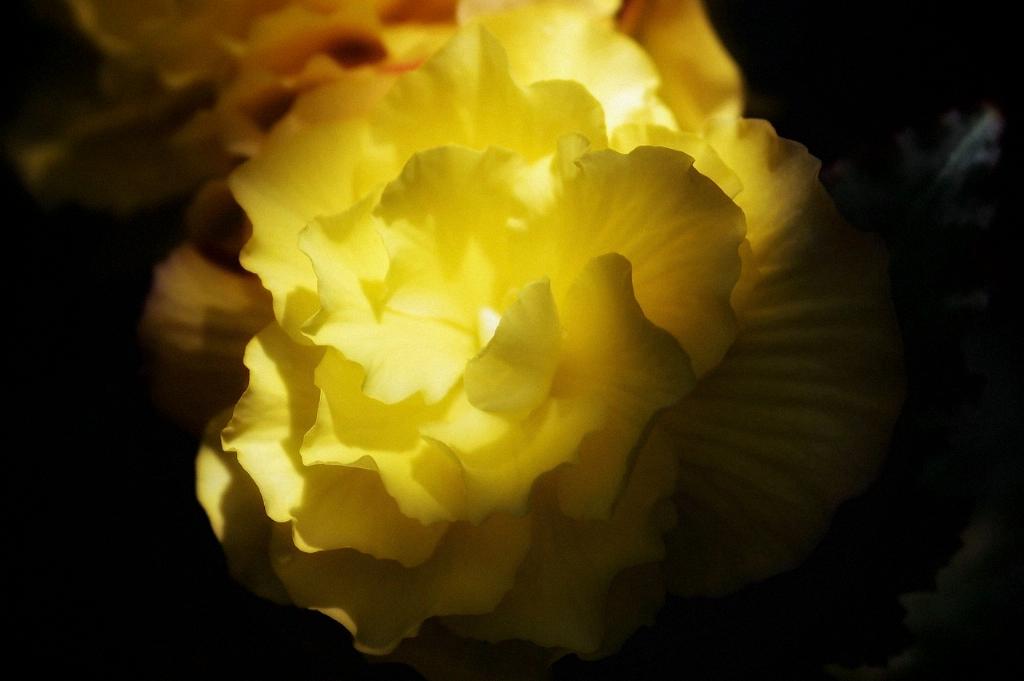Begonias are an incredibly popular plant choice for both indoor and outdoor gardens due to their vibrant blooms and lush foliage. One key factor in successfully growing begonias is understanding their sunlight requirements. In this comprehensive guide, we will delve into the ideal sunlight conditions for begonias, the effects of too much or too little sunlight, and the best placement options for these beautiful plants.
Understanding Begonias
Begonias come in various types, including tuberous, rhizomatous, fibrous, and cane-stemmed varieties, each with its unique characteristics. The leaves of begonias range from glossy green to deep burgundy, providing a feast for the eyes in any garden setting.
Sunlight Requirements for Begonias
While begonias are generally quite adaptable to different light conditions, they thrive in indirect sunlight or partial shade. Too much direct sunlight can scorch the delicate leaves, leading to leaf burn, while inadequate light can result in leggy growth and diminished flowering.
For optimal growth, begonias with darker foliage can tolerate more light than those with lighter green leaves. In regions with hot climates, it is vital to provide some protection from the intense afternoon sun to prevent damage to the leaves.
Best Placement for Begonias
When it comes to deciding where to place your begonias, indoor locations near east or west-facing windows provide ideal light conditions. Outdoors, consider placing begonias in areas with dappled sunlight or partial shade to ensure they receive the right amount of light without being exposed to harsh midday sun.
For optimal growth, rotate potted begonias periodically to ensure all sides of the plant receive adequate light, promoting balanced growth and abundant flowering.
Caring for Begonias
In addition to proper sunlight exposure, begonias require consistent watering to keep the soil evenly moist but not waterlogged. Well-draining soil that is rich in organic matter is essential for healthy begonias, as it prevents root rot and promotes robust growth.
Other factors that can impact begonia health include temperature, humidity levels, and regular fertilization. Providing a supportive environment with the right balance of sunlight, water, and nutrients will ensure your begonias flourish and grace your garden with their beauty.
Conclusion
In conclusion, understanding the sunlight needs of begonias is crucial to their overall health and vitality. By choosing the right placement, ensuring they receive adequate but not excessive light, and addressing their other care requirements, you can enjoy thriving begonias that add color and charm to your indoor or outdoor space. Remember to monitor your plants regularly and make adjustments as needed to meet their evolving needs for optimal growth and bloom production.

